Blog: Beirut explosion survivor tells her story
What seemed like a normal day for staffer Lucciana Choueiry quickly turned into a horror for Choueiry and her family. On August 4, 2020 a large amount of ammonium nitrate stored at the port of the city of Beirut, Lebanon, exploded. “All I could see was blood on the streets, broken glass falling to the floor from the broken homes, mothers crying while holding their injured kids,” Choueiry said.
August 4, 2020 was a day we thought would be just like any other in the city of Beirut, Lebanon. I woke up, had my breakfast, and then went with my mom into town to shop for a few things. At around 5:45 PM, as we were driving back home we saw a large cloud of smoke fill the air, we thought it was a forest fire and it would easily blow over. 6:00 PM rolled around and I felt like my world flash before my eyes. All I could see was blood on the streets, broken glass falling to the floor from the broken homes, mothers crying while holding their injured kids. It was a scene you never expect to witness in real life but only in movies. The explosion not only took homes and lives, it took a city as it is and broke it to the ground, leaving nothing but blood and rubble where beautiful architecture once stood.
The first thing my mom and I did afterwards was go check on my sister who was staying with my grandma at the time. I called all my relatives and friends to make sure they weren’t injured. I couldn’t process what had just happened, the feeling of picking up the phone and calling someone just praying that the ringing stops and you hear their voice to make sure that they’re alive is one of the most anxious, stressful, and heart-wrenching experiences of my life. We headed back home, but because of all the fallen glass and stone, we had to walk there. I still remember standing outside my front door watching my mom turn the keys and open the doorknob, only to see a house filled with memories, love and family become glass shards, broken roof and destroyed material. All I could do was just stare and cry, it took me about 15 minutes to bring myself to step into this place I once called home. My mom immediately started working on trying to get the house back in one piece. The days following the eruption were far from ordinary.
However, the people never cease to let me down, they started building, not only the homes but their souls back up, proving to the world and to their corrupt government that got them here in the first place that Lebanese people are the types of people that cannot be torn or shot down because they will always rise again.
I started volunteering with my friends at hospitals and NGOs that were working to fix what had been broken. On my first day working at the scene I couldn’t believe my eyes. I looked at the rubbles and all I could imagine were families in the houses that once stood. Everyone around was still in a state of shock too, no one believed that only a week ago we were walking down these same roads going to our stores and restaurants, and we were now cleaning the blood of our fellow people off of them. From ages as young as middle school to as old as the elders in retirement homes, we were all on the streets of Beirut cleaning the residue, fixing the homes, and helping the injured. Due to the fallen economy as well, a bunch of lower-class citizens who lost their homes didn’t have the means to rebuild, so they were rendered homeless, along with their young kids. We worked with some organizations who found a place for these people to stay in for a while, but what happens when it’s time for them to leave or when there is no more space for them? Why not just leave Lebanon? Why are all these people choosing this suffrage over grander opportunities abroad?
“This country is our home,” an elderly man with nothing but a backpack and blanket, sitting on the side of the road said, “if not us, then who will stand up for it? If not us, then who will fight for it? We built our lives in this city so now it’s time to bring life back to the city.”
Thousands of citizens had that same mindset, thinking that Lebanon is their duty to protect, not only for themselves but for the future generations to come.
Ways to help:
https://lebanoncrisis.carrd.co/
https://www.savethechildren.org/us/what-we-do/where-we-work/greater-middle-east-eurasia/lebanon
https://www.impactlebanon.org/initiatives/disaster-relief-after-explosion-in-beirut?event=false
Your donation will support the student journalists of James Bowie High School. Your contribution will help cover our annual website hosting costs. Any contributions made through this service are NOT tax deductible. If you would like to make a tax deductible donation OR to subscribe to our print edition, please contact us at [email protected].



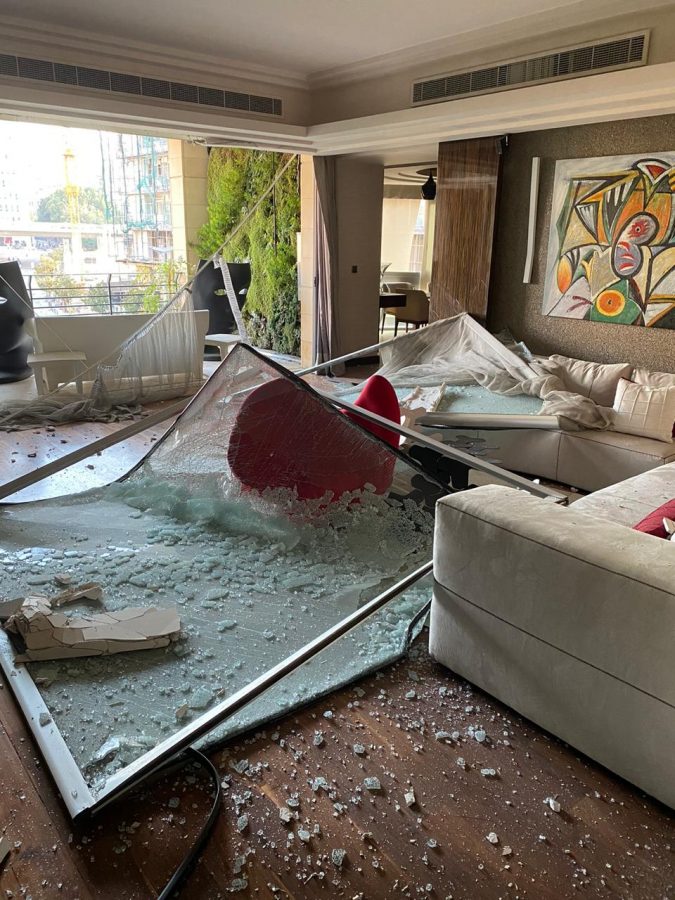
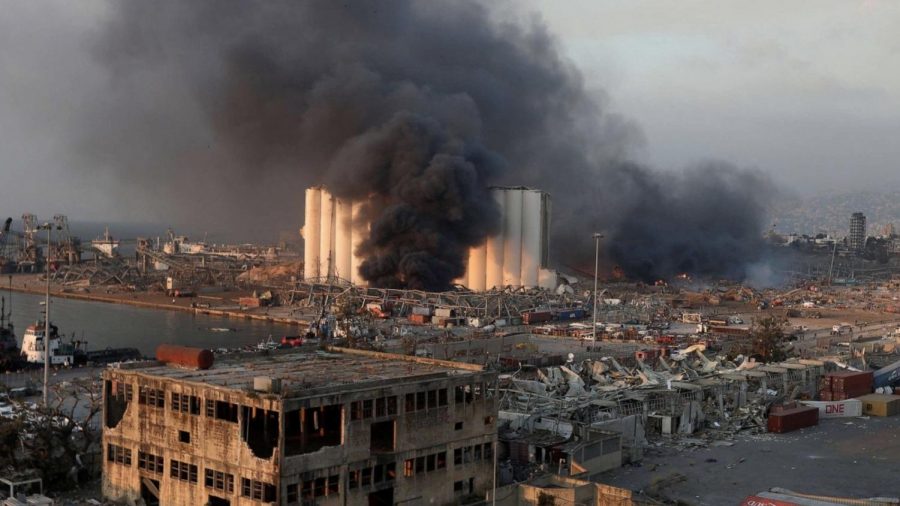
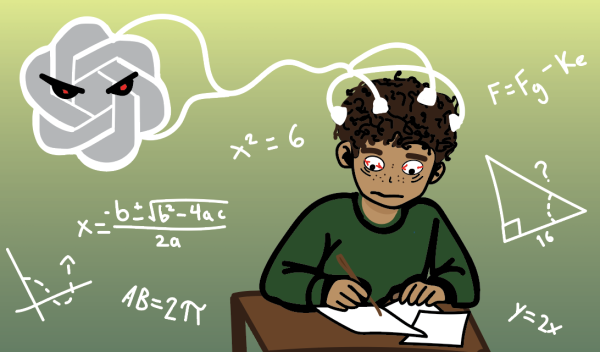
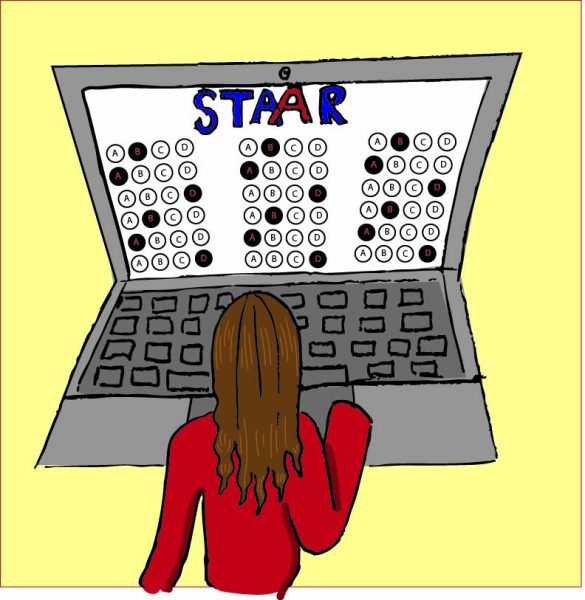
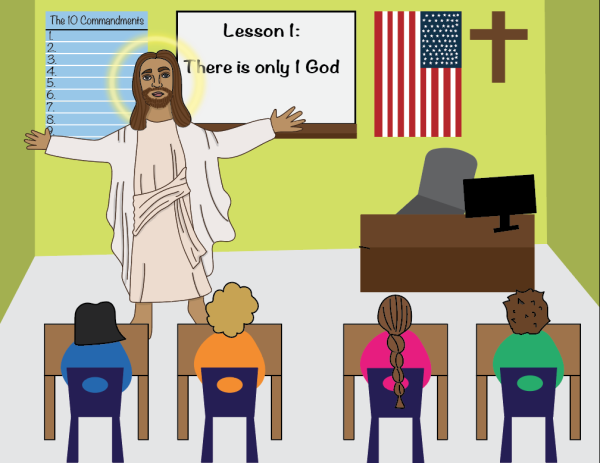
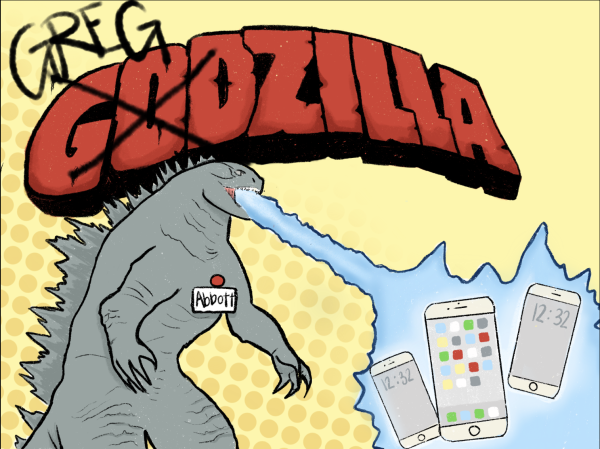

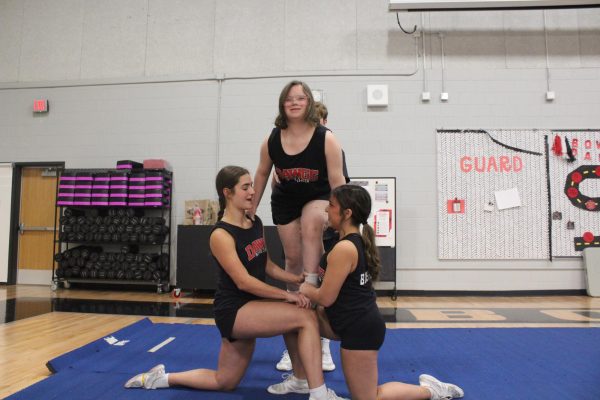
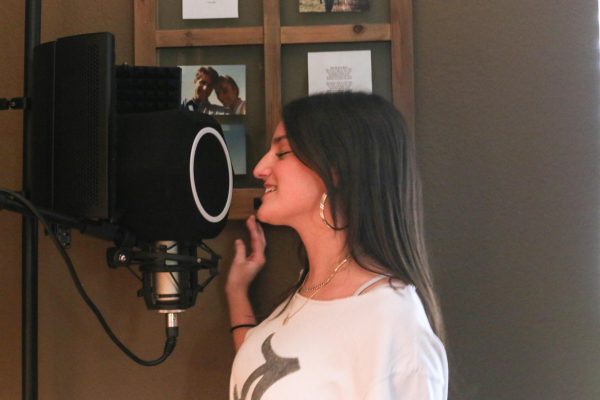

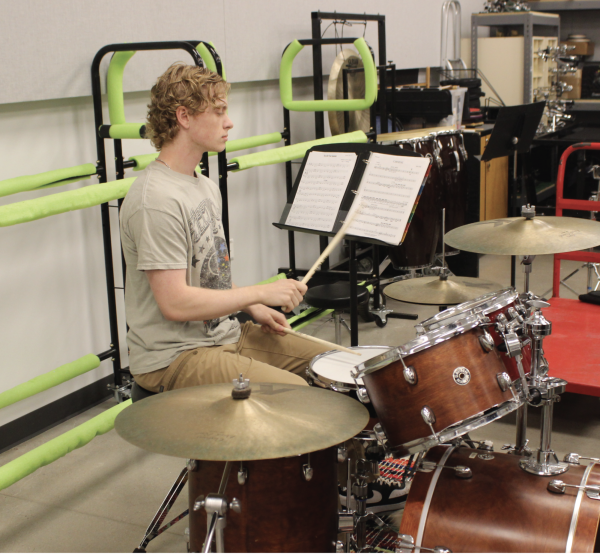

Anthony Alan Gussman • Oct 23, 2020 at 2:09 pm
Lucianna,
I was very touched by your story and impressed with your strength and resilience, as well as that of the Lebanese people. I wish you, your family, and the citizens of Beirut all the best in rebuilding your lives and city.
Tony Solomon • Oct 22, 2020 at 1:25 pm
Great report! Gives an excellent insight into the catastrophic and disastrous events of August 4th,2020 in Beirut, Lebanon. It also highlights the resolve of the Lebanese people who have been enduring so many hardships over the last 40 years, yet continue to rebuild their lives and get stronger. Well done Lucciana! Job well done!
Ms, Rolfe • Oct 20, 2020 at 1:01 pm
You are very brave Lucciana and I am honored to be your teacher. Thank you for sharing your story.
Ms, Rolfe • Oct 20, 2020 at 1:01 pm
You are very brave Lucciana and I am honored to be your teacher. Thank you for sharing your story.